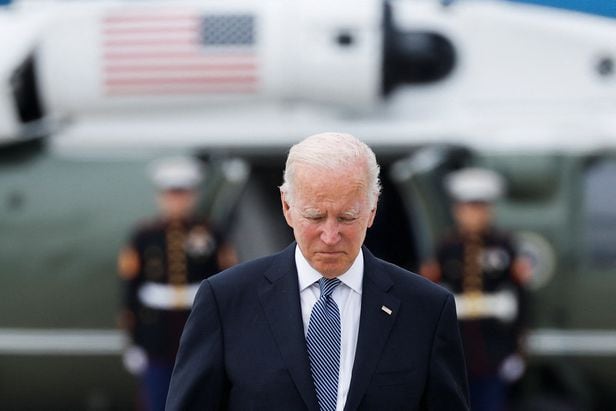
America’s Wavering ‘Human Rights Principle’
Earlier this month, the Biden government held a summit between the U.S. and 35 countries in the Americas, excluding the leaders of Cuba, Nicaragua and Venezuela, the three leading anti-American countries in Latin America, where there are serious human rights issues. However, President Joe Biden is likely to visit Saudi Arabia next month and meet with Saudi Crown Prince Mohammed bin Salman. Crown Prince Mohammed is suspected of removing the dissident journalist Jamal Khashoggi as well as royals who stand in the way of absolute monarchy. President Biden referred to the Crown Prince as a “murderer” during his presidential campaign.
Nevertheless, as the administration’s approval rating has plummeted owing to the worst inflation in recent times, it has become necessary to appeal to Saudi Arabia for an increase in oil production. Blinken said that " ... our focus is the same: How can we most effectively advance America’s interests but also America’s values?” It was the Biden administration's first public admission that it has put principles aside in the face of urgent reality. Still, the White House continues to be vague about the Khashoggi killing, issuing statements that the U.S. “is not trying to forgive or forget.”*
Biden's principles vacillate recurrently depending on the situation. Biden, who responded to climate and environmental issues with a “zero-carbon” policy, among others, put the brakes on domestic oil production through various regulations. As the oil supply plunged in response to actions by Russia, Biden attempted to talk to Venezuela, a country the U.S. considered to be a dictatorship, but secretly gave up due to opposition from the Democratic Party. Biden also said that the U.S. will temporarily permit the sale of high-ethanol gasoline, which is banned in summer for environmental reasons. However, critics have charged that this ban is not an effective means of calming oil prices and goes against U.S. principles.
Even within the Democratic Party, many critics point out that intrinsic values should not be disturbed even in rapidly changing situations. Human rights, freedom and democracy played a major role in forming an anti-China and anti-Russian alliance with Western and Indo-Pacific countries in the early days of the Biden administration. Unlike the “alliance rift” during the Donald Trump era, the U.S. has regained some of its status in the international community. However, if the U.S. continually makes exceptions to these principles, its status will inevitably fade. When national leaders qualify their principles with conditions, they lose power in the international community. The cost may be higher than the high prices of goods and services and the high price of oil.
*Editor’s Note: Although this quoted remark was accurately translated, it could not be independently verified.

